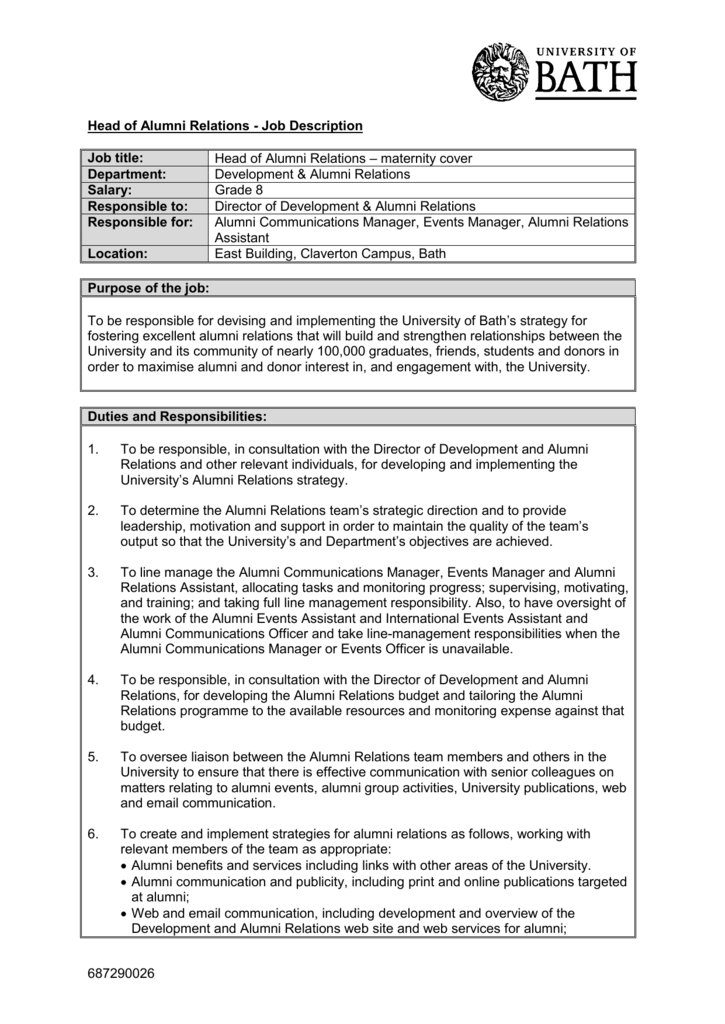



This stage of the planning is about making everything happen fine-tuning plans, finding solutions to problems, negotiating with suppliers, number-crunching the budget, adhering to deadlines, promoting the event and co-ordinating replies, confirming reservations, booking equipment, staff, and resources, paying supplier deposits, and designing, creating, or sourcing the deliverables-such as the sets and décor, or the event marketing/communications materials. This is when an event planner’s attention to detail, problem solving, organizational, decision-making, and time management skills really come into play. It involves drilling down into the details to develop or revise the initial ideas in light of feedback from the client/host. The execution stage of the process is about actioning all the elements that were researched and presented at the proposal stage. In order to provide all this information, you may need to: The initial proposal you submit will typically consist of information such as the event date, location, venue, format, timings, running order, creative concept/theme and ideas for catering, invitations/marketing materials, decor, entertainment, production, set, staging, and transport-along with a budget and timeline. As the event planner, you need to ascertain what their needs and objectives are what is it they are trying to achieve? What needs to be communicated? What budget do they have? How are they going to measure the success of the event? Will it be through an increase in sales? Media activity? Or just feedback from the guests? Often a client won’t have thought about some of these points, so it’s your job to ask the relevant questions to help them articulate their goals-before you can go back to them with a creative solution in the form of a proposal.

The first stage of event planning involves taking a brief from the client. If a career in event planning is going to be right for you, it’s this type of work you need to be comfortable doing day in day out. Now, while I’ll admit that there was the odd trip to a florist to view centrepieces and a menu tasting at the caterers, the rest of the planning was typically far more mundane and admin-heavy work. That after a morning spent at the florists shouting “bigger!” and “bring me more orchids!”, the afternoon is spent emailing Mary J Blige or Justin Timberlake’s people to check whether they’re available to perform, before taking my red pen to the guest list to decide who’s made the cut. I’m sure that when my friends think about me organizing high-profile events for celebrities such as Elton John or Stella McCartney, they picture my days spent gluing things onto mood-boards, flicking through swatch books debating between ‘cream’ or ‘ivory’ napkins, and thumbing through menus pondering Wagyu beef from hand-massaged Japanese cows, or gold-leaf encrusted lobster dusted with Himalayan pink salt. What Does an Event Planner Do? The Idea v The Reality


 0 kommentar(er)
0 kommentar(er)
